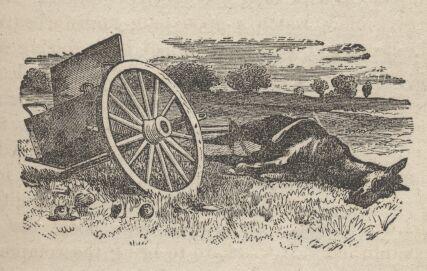Location: SE1/4SE1/4 Section 20 Township 11 South, Range 15 West, Salt Lake Meridian, 14 miles from Fish Springs Station, via a road around the north end of the Fish Springs Range and 9 miles over the pass to the west of the station.
Although Boyd Station is not identified in the 1861 mail contract, it was named by Howard Egan as an Express Station. The structure was small, built of stone and contained gun-ports.
Boyd Station survives as one of the best preserved Express Stations in Utah. This preservation is probably due to the fact that Bid Boyd, station master, continued to occupy the site into the current century.
Limited excavations and structural stabilization were undertaken at the site in 1974 and 1975. The site is interpreted on the ground by the Bureau of Land Management.
The station may also have been known as Butte or Desert Station. It does not appear on the 1861 mail contract, but a description of a stop here exists, and Egan mentioned it as a Pony Express station. It was built by and named for station keeper George Washington Boyd in about 1855. George W. died in Salt Lake City in 1903. “Bid” Boyd, a relative of George, lived at the station until around the turn of the century. According to local resident and Pony Express historian David Bagley, he didn’t do much but hang out there and enjoy the solitude. In Saddles and Spurs, the Settles say that Boyd Station was a log structure, but the stabilized ruins are of stone, in agreement with most other accounts. James Sharp says it was a one-room stone cabin which had gun ports on all four sides. There was apparently a small spring of very brackish water near Boyd Station. A well was dug to try to improve the water supply, but all that was found was brine so strong they used it to cure meat, according to Sharp. A poison spring was found a distance to the north, marked by numerous bones of dead animals. The stabilized ruin at Boyd’s, on BLM-administered land, is one of the best preserved of the Pony Express stations in western Utah. There is no monument but has a small information kiosk.
At this juncture the Express diverted from the old Chorpenning trail and headed straight west to Callao and Willow Springs Station. Chorpenning had gone south into Pleasant Valley and then around the south end of the Deep Creek Mountains.
Sources generally list the station as Boyd or Boyd's, although Fike and Headley also suggest Butte and Desert as alternative names for this potential Pony Express station, although it does not appear on the 1861 mail contract. The Settles describe Boyd's Station as "a single room log hut," which does not agree with Fike and Headley's interpretation. They suggest that Bid Boyd managed station operations at a stone structure and lived on the site into the twentieth century.
Boyd's exists today as one of Utah's best-preserved Pony Express stations, maintained, protected, and interpreted by the BLM.
